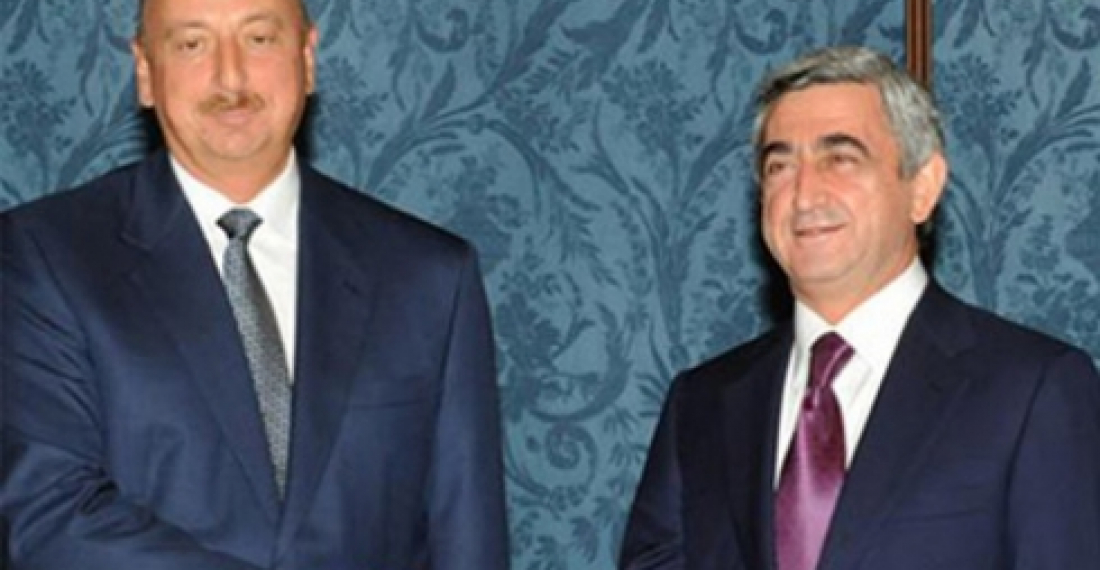Commentary by commonspace.eu political editor
The war of words between Armenians and Azerbaijanis has been going on for years now. Sometimes it reaches new heights, at other times it abets. To some extent people have got used to it, and like other things that one gets used to, in many ways it stopped being important.
But something very bad has been happening in recent weeks and days. The vitriolic language is now being used by the two Presidents themselves. Recent statements by both President Sargsyan of Armenia and President Aliev of Azerbaijan are significant not only for the tough message that they conveyed, but also for an unfortunate use of words aimed at each other, and each other's countries. Sargsyan and Aliev are rational men, not given to either hysteria or impulse. This makes this development rather more ominous.
Some explain this as posturing towards domestic audiences, and indeed a lot of is that. But neither man is naïve not to understand that their speeches are read carefully on the other side as well. The legitimate question therefore arises, what is the end game here?
Everybody is aware that the peace process is in deadlock. International efforts to resolve the conflict between the two countries continue, but the process seems to be in a quagmire and it is not clear how the sides are going to be able to come out of that. In these circumstances there is a need for calm and caution.
Presidents Aliev and Sargsyan are likely to be leading their countries in the immediate future and for some time to come. Any peace negotiations to be meaningful will at some stage need to be conducted by the two of them personally. They must not therefore make this eventuality even more difficult than it presently is, or even impossible. That there are serious disagreements between the two sides is well known. These disagreements however can only be resolved by negotiations and the Presidents need to act in a way that will make these negotiations possible.
source: This commentary was prepared by the political editor of commonspace.eu
photo: President Aliec and President Sargsyan in better times, shaking hands after one of their meetings several years ago.







